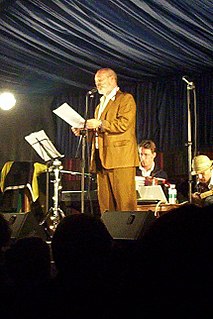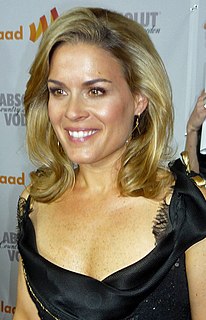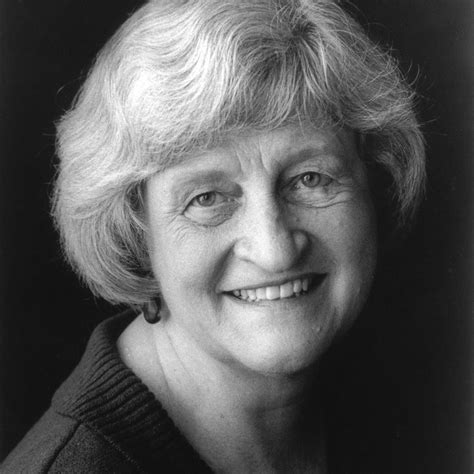A Quote by Marion Nestle
We don't really have any that protect the food supply from farm to table. We have a food safety system that's piecemeal, largely divided between two agencies that don't talk to each other very much. Neither agency can enforce regulations from the farm to the table.
Related Quotes
Food safety oversight is largely, but not exclusively, divided between two agencies, the FDA and the USDA. The USDA mostly oversees meat and poultry; the FDA mostly handles everything else, including pet food and animal feed. Although this division of responsibility means that the FDA is responsible for 80% of the food supply, it only gets 20% of the federal budget for this purpose. In contrast, the USDA gets 80% of the budget for 20% of the foods. This uneven distribution is the result of a little history and a lot of politics.
(Farm workers) are involved in the planting and the cultivation and the harvesting of the greatest abundance of food known in this society. They bring in so much food to feed you and me and the whole country and enough food to export to other places. The ironic thing and the tragic thing is that after they make this tremendous contribution, they don't have any money or any food left for themselves.
The Cubs, we built one of best farm systems - I think for a while there, it was the best farm system in baseball. And that was great. It got a lot of attention. But we didn't want the credit for the farm system. What we wanted was to see if we could do the tricky part, which was turn a lauded farm system into a World Series champion.
Once plants and animals were raised together on the same farm - which therefore neither produced unmanageable surpluses of manure, to be wasted and to pollute the water supply, nor depended on such quantities of commercial fertilizer. The genius of American farm experts is very well demonstrated here: they can take a solution and divide it neatly into two problems.
Thin people release the fork, and they chew the food with the fork on the table. They chew their food slowly. They look around at each other or the wall or a picture. They listen to the music. They sit back and take a breath. They do something other than concentrate on shoving the food into their body.
My mother was Welsh and I loved going to Wales every summer, where Uncle Les had a farm. My mother had seven brothers and a sister and they were all very close. There would always be food on the table and uncles coming in and out. My father's family were English and lived in London, and we didn't really see them.
The great virtue of a diversified food economy, like a diverse pasture or farm, is its ability to withstand any shock. The important thing is that there be multiple food chains, so that when any one of them fails-when the oil runs out, when mad cow or other food-borne diseases become epidemic, when the pesticides no longer work, when drought strikes and plagues come and soils blow away-we'll still have a way to feed ourselves.
Food is "everyday"-it has to be, or we would not survive for long. But food is never just something to eat. It is something to find or hunt or cultivate first of all; for most of human history we have spent a much longer portion of our lives worrying about food, and plotting, working, and fighting to obtain it, than we have in any other pursuit. As soon as we can count on a food supply (and so take food for granted), and not a moment sooner, we start to civilize ourselves.
If I have one message to give to the secular American people, it's that the world is not divided into countries. The world is not divided between East and West. You are American, I am Iranian, we don't know each other, but we talk together and we understand each other perfectly. The difference between you and your government is much bigger than the difference between you and me. And the difference between me and my government is much bigger than the difference between me and you. And our governments are very much the same.


































